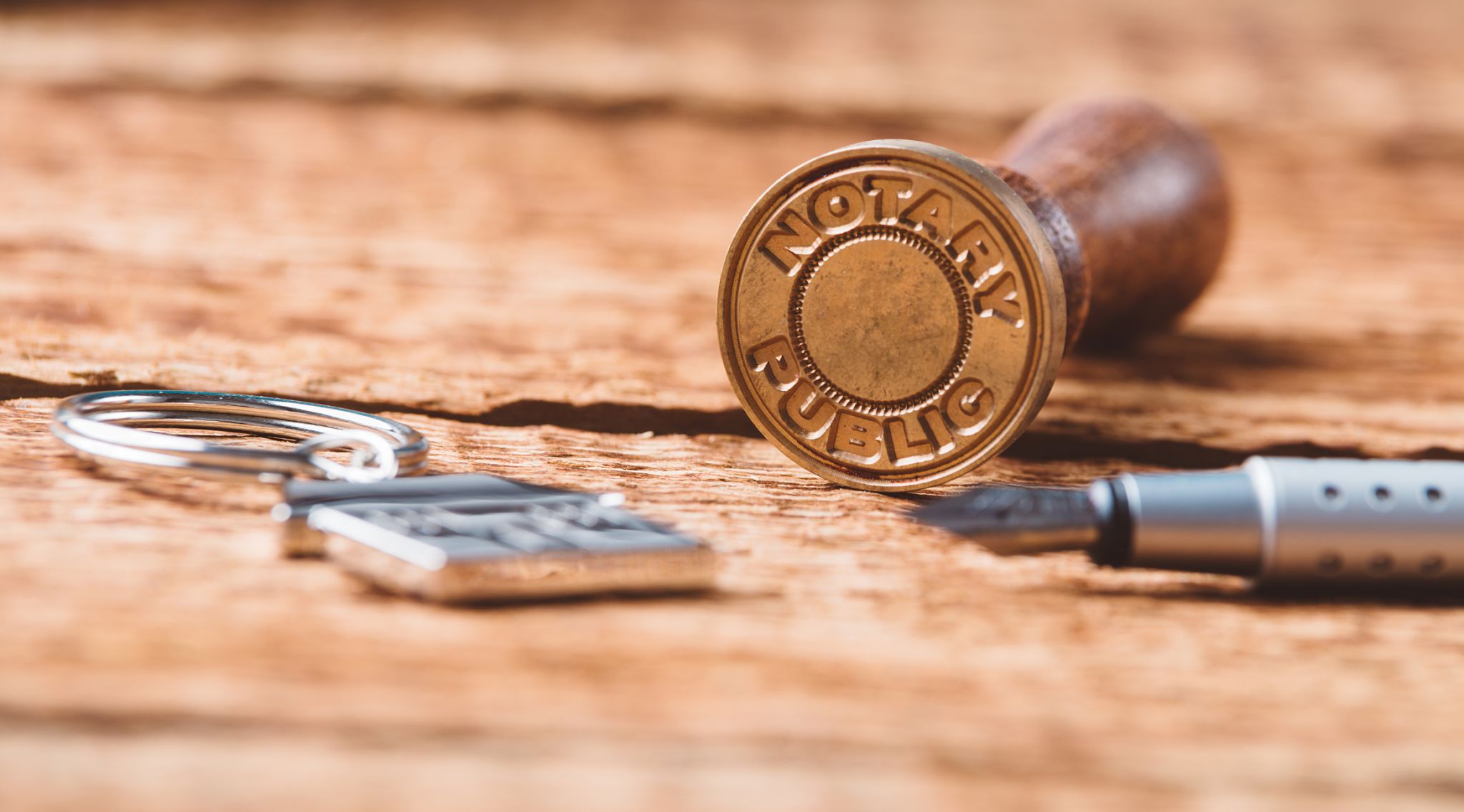Notary Public Services: What to Know Before You Go
Understanding Notary Public Services
Notary public services play a crucial role in ensuring the authenticity and integrity of various legal documents. Whether you're signing a real estate deed or an affidavit, the presence of a notary public helps prevent fraud and adds a layer of trust to the transaction. Notaries are impartial witnesses, authorized by the state to perform notarial acts. Before you head to a notary, it's essential to understand their role and what to expect during your visit.

Types of Documents Notarized
Notaries can handle a wide range of documents. Common documents that require notarization include:
- Real estate documents
- Power of attorney
- Wills and trusts
- Affidavits
- Contracts
It's important to check if your specific document requires notarization, as not all legal documents do. Understanding this can save you time and ensure your paperwork is processed smoothly.
What to Bring to Your Notary Appointment
When visiting a notary public, preparation is key. Make sure to bring the following:
- The document(s) needing notarization — Ensure they're complete except for your signature.
- A valid, government-issued photo ID — This verifies your identity for the notary.
- Any witnesses — Some documents may require additional witnesses apart from the notary.
Having these items ready will streamline the process and ensure you don't have to reschedule your appointment.

Common Notary Services and Fees
The fees for notary services can vary depending on the type of service and location. Typical services include:
- Acknowledgments
- Jurat (oaths or affirmations)
- Copy certifications
Most states have a cap on notarial fees, which can range from $5 to $15 per signature. It's advisable to check your state's fee schedule beforehand. Some notaries may charge travel fees if they come to you, so be sure to confirm any additional costs.
Remote Online Notarization
With the advent of technology, remote online notarization (RON) has become increasingly popular. This service allows you to have documents notarized online via a secure video call. The convenience of RON is unmatched, especially for those with tight schedules or remote locations. However, not all states permit RON, so it's necessary to verify if it's an option in your area.

Ensuring Document Validity
To ensure the validity of your notarized document, double-check that the notary's seal and signature are present. Additionally, confirm that all required parties have signed in the appropriate places. A missing signature or seal could render your document invalid, leading to potential legal issues down the road.
Choosing the Right Notary Public
Selecting a reputable notary public is crucial for a seamless experience. Consider referrals from friends or family, or search online reviews to find someone trustworthy. Many banks and financial institutions offer notary services free of charge for their customers, making them a convenient choice.
By understanding these aspects of notary public services, you can ensure a smooth and efficient process. Whether you're handling personal or business matters, being informed will help you navigate notarization with confidence.